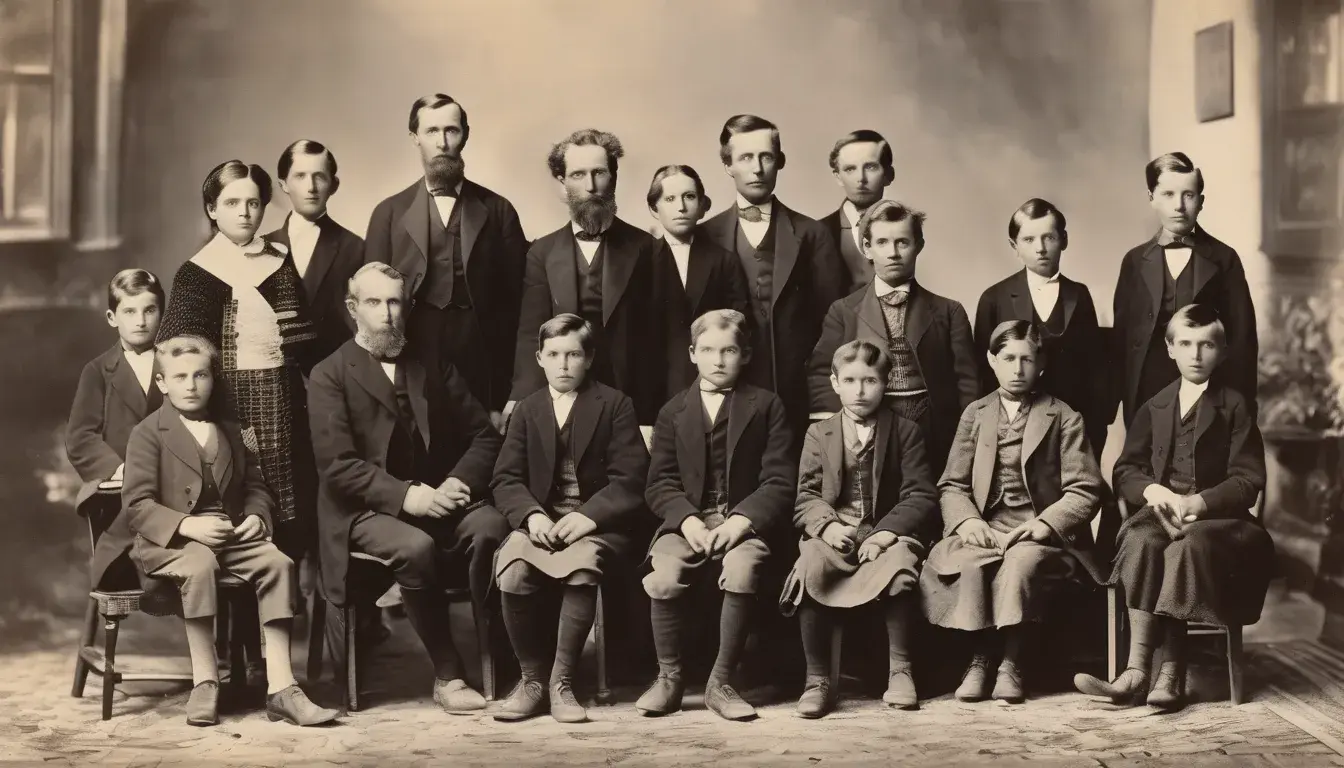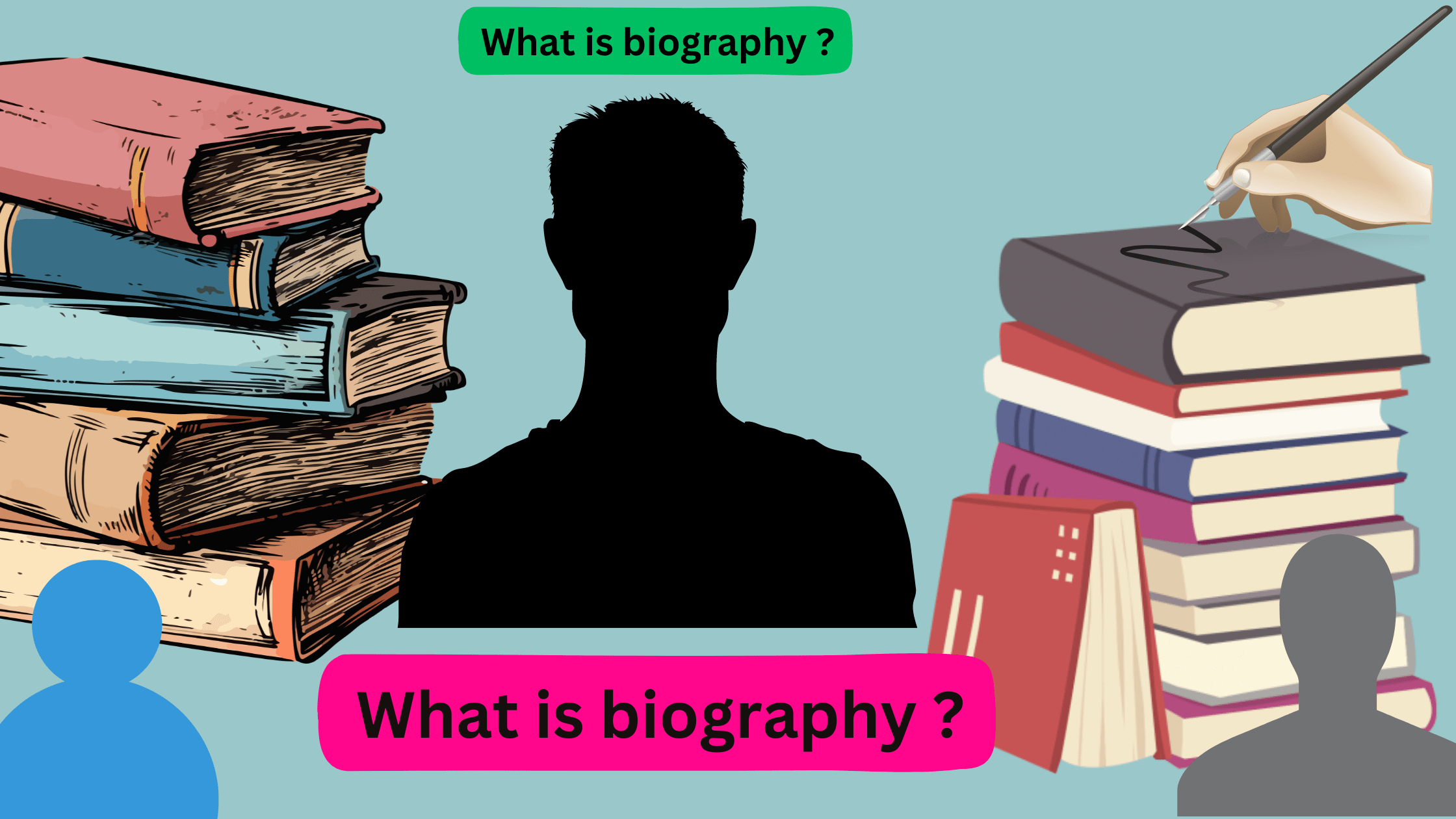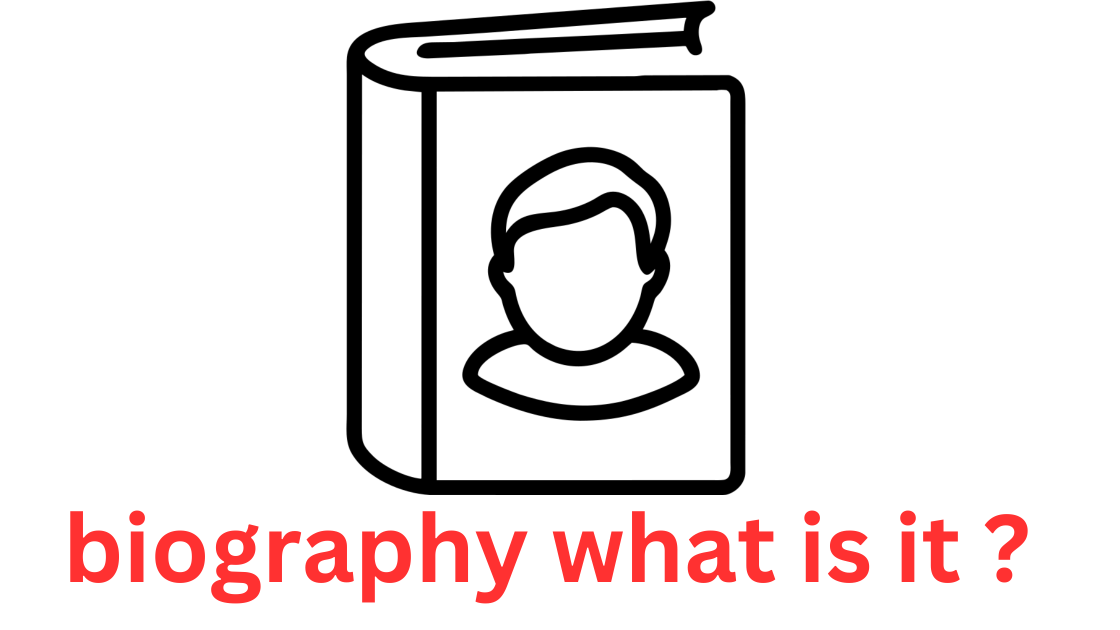Uncovering the Hidden Stories in Biographies
Biographies are more than just a record of someone’s life; they are windows into a world of hidden stories and untold experiences. These captivating narratives have the power to transport us to different eras and introduce us to individuals who have shaped history. Whether it’s a famous figure or an ordinary person, each biography holds unique tales waiting to be discovered.
Uncovering the hidden stories in biographies requires delving deep into the lives of the individuals being portrayed. It’s about unraveling the truths behind the facade and exploring the emotions, challenges, and triumphs that defined their journey. Through meticulous research and compelling storytelling, these biographies peel back the layers of public perception to reveal the human side of those we admire or those we may not have even known existed.
As we embark on this journey of exploration, we invite you to join us in unraveling the hidden stories woven within the pages of biographies. Let’s dive into the lives of these remarkable people and discover the power of their untold narratives.
The power of biographies
Biographies are more than just a collection of facts and dates; they are powerful tools that transport us to different eras and introduce us to individuals who have shaped the course of history. These captivating narratives have the ability to inspire, educate, and captivate us, revealing the complex and often hidden stories that define the lives of remarkable people.
At their core, biographies provide us with a unique window into the human experience. They allow us to delve into the thoughts, emotions, and motivations of those who have come before us, shedding light on the triumphs and struggles that have shaped their journeys. By engaging with these stories, we gain a deeper understanding of the social, political, and cultural landscapes that have influenced the lives of these individuals, ultimately enhancing our own perspectives and understanding of the world around us.
The power of biographies lies in their ability to humanize history, transforming figures who may have once seemed distant or unrelatable into complex, multifaceted individuals. Through the skillful crafting of these narratives, authors can bring to life the nuances and complexities of their subjects, revealing the unique and often unexpected facets of their personalities. This, in turn, fosters a deeper connection between the reader and the subject, inspiring us to reflect on our own lives and the universal experiences that bind us together as human beings.
Uncovering the hidden stories
Beneath the surface of every biography lies a wealth of hidden stories, waiting to be uncovered and explored. These untold narratives are the true gems that elevate biographies from mere factual accounts to captivating and revelatory works of literature.
The process of uncovering hidden stories in biographies requires a deep dive into the lives of the individuals being portrayed. It involves peeling back the layers of public perception, delving into the personal archives and memories of those close to the subject, and unearthing the emotional, psychological, and social complexities that often go unnoticed in the public eye.
By meticulously researching and scrutinizing the available sources, biographers can uncover the hidden truths that lie beneath the surface of a person’s life. This may involve uncovering personal struggles, uncovering previously unknown relationships, or shedding light on the pivotal moments that shaped an individual’s worldview and decision-making. These hidden stories provide a more nuanced and authentic understanding of the subject, allowing readers to connect with them on a deeper level.
Why hidden stories matter
The hidden stories within biographies are not merely interesting tidbits or trivia; they hold immense power and significance. These untold narratives have the ability to challenge our preconceptions, shatter our assumptions, and ultimately, transform the way we perceive and understand the individuals whose lives are being chronicled.
By revealing the hidden stories that have been obscured or overlooked, biographies can provide a more comprehensive and accurate portrayal of their subjects. This, in turn, allows readers to gain a deeper appreciation for the complexities and contradictions that define the human experience. Hidden stories can shed light on the personal struggles, the unsung triumphs, and the unexpected twists and turns that shape the lives of remarkable individuals, ultimately humanizing them and making their stories more relatable and impactful.
Furthermore, the uncovering of hidden stories can have far-reaching implications, challenging the dominant historical narratives and providing a more inclusive and diverse representation of the past. By unearthing the stories of marginalized or forgotten individuals, biographies can give voice to those who have been silenced or overlooked, thereby enriching our understanding of history and the human experience as a whole.
Techniques for uncovering hidden stories
Uncovering the hidden stories within biographies requires a multi-faceted approach, one that combines meticulous research, creative thinking, and a keen eye for detail. Biographers who are skilled in this art form employ a range of techniques to uncover the untold narratives that lie beneath the surface of their subjects’ lives.
One of the most crucial techniques is extensive research, which involves delving into a wide range of primary and secondary sources. This may include personal diaries, letters, and journals, as well as interviews with family members, friends, and colleagues. By meticulously sifting through these materials, biographers can uncover previously unknown information and gain a deeper understanding of the subject’s inner world and the forces that shaped their life.
Another important technique is the use of historical context. By situating the subject’s life within the broader social, political, and cultural landscape of their time, biographers can uncover the hidden stories that may have been obscured or overlooked. This approach allows them to identify the unique challenges, opportunities, and influences that shaped the individual’s experiences and decision-making.
Biographers may also employ creative storytelling techniques to bring the hidden stories to life. This can involve the use of vivid descriptions, imaginative dialogue, and a deep understanding of the subject’s emotional and psychological states. By weaving these elements together, biographers can create a rich and immersive narrative that resonates with readers on a deeper level.
The impact of hidden stories in biographies
The impact of uncovering hidden stories in biographies cannot be overstated. These untold narratives have the power to transform our understanding of the individuals whose lives are being chronicled, as well as the broader historical and cultural contexts in which they lived.
When hidden stories are brought to light, they can challenge our preconceptions and assumptions, forcing us to reconsider the way we perceive both the subject and the world around them. This can lead to a more nuanced and empathetic understanding of the individual, as we gain insight into the complexities and contradictions that define the human experience.
Moreover, the uncovering of hidden stories can have far-reaching implications, shedding light on the lived experiences of marginalized or forgotten individuals. By giving voice to those who have been silenced or overlooked, biographies can contribute to a more inclusive and diverse representation of history, challenging the dominant narratives and broadening our understanding of the past.
The impact of hidden stories can also be deeply personal and transformative for the reader. By engaging with these untold narratives, individuals can find themselves moved, inspired, and even challenged to reflect on their own lives and experiences. The power of these stories lies in their ability to connect us to the universal human experiences that transcend time and place, fostering a deeper sense of empathy, understanding, and connection.
Examples of hidden stories in famous biographies
The power of hidden stories in biographies is exemplified by numerous examples from the literary canon. One such example is the acclaimed biography “Unbroken” by Laura Hillenbrand, which chronicles the extraordinary life of Louis Zamperini, an Olympic runner who became a prisoner of war during World War II.
While the public narrative of Zamperini’s life focused on his athletic achievements and wartime heroism, Hillenbrand’s meticulous research uncovered a wealth of hidden stories that added depth and complexity to his story. This included Zamperini’s struggles with post-traumatic stress disorder, his tumultuous personal relationships, and the profound spiritual transformation he underwent in the aftermath of his harrowing experiences.
Another example is “The Immortal Life of Henrietta Lacks” by Rebecca Skloot, which tells the story of a poor African American woman whose cancer cells were taken without her knowledge or consent, and went on to become one of the most important tools in modern medicine. Skloot’s book delves deep into the hidden stories of Lacks’ family, exploring the complex issues of race, class, and the ethics of medical research that surrounded her story.
These examples demonstrate the profound impact that hidden stories can have on our understanding of historical figures and events. By uncovering the untold narratives that lie beneath the surface, biographers can create a more nuanced and compelling portrait of their subjects, ultimately enriching the reader’s experience and expanding our collective understanding of the human experience.
The role of research in uncovering hidden stories
The process of uncovering hidden stories in biographies is heavily reliant on meticulous research. Biographers who are skilled in this art form understand that the key to revealing the untold narratives that lie beneath the surface of their subjects’ lives is to immerse themselves in a wide range of primary and secondary sources.
One of the most crucial aspects of this research process is the examination of personal archives, such as diaries, letters, and journals. These intimate records can provide a wealth of information about the subject’s innermost thoughts, emotions, and experiences, often shedding light on the hidden stories that have been obscured from public view.
In addition to personal archives, biographers may also delve into historical records, newspaper clippings, and other documents that can help to contextualize the subject’s life within the broader social, political, and cultural landscape of their time. By situating the individual’s experiences within this wider framework, biographers can uncover the hidden stories that may have been shaped by the forces and events that were unfolding around them.
The role of interviews is also crucial in the process of uncovering hidden stories. By speaking directly with family members, friends, colleagues, and other individuals who were close to the subject, biographers can gain valuable insights and perspectives that may not be found in the written record. These conversations can reveal previously unknown details, personal anecdotes, and emotional insights that can breathe life into the hidden stories that are waiting to be discovered.
Ultimately, the success of uncovering hidden stories in biographies is heavily dependent on the biographer’s dedication to rigorous research and their ability to synthesize a wide range of sources into a cohesive and compelling narrative. Through this meticulous work, they can uncover the untold narratives that have the power to transform our understanding of the individuals whose lives are being chronicled.
The ethics of revealing hidden stories
While the uncovering of hidden stories in biographies can be a powerful and transformative experience for both the writer and the reader, it is important to consider the ethical implications of this process. Biographers must navigate a delicate balance between respecting the privacy and dignity of their subjects and their responsibility to reveal the truth, even when it is uncomfortable or controversial.
One of the primary ethical considerations is the potential impact that the revelation of hidden stories may have on the subject’s family, friends, and loved ones. Biographers must be mindful of the emotional and psychological toll that these revelations can take, and they must weigh the potential benefits of uncovering the truth against the potential harm that it may cause.
Another ethical concern is the issue of consent and privacy. In many cases, the hidden stories that biographers uncover may involve sensitive or personal information that the subject may not have wished to be made public. Biographers must carefully consider the ethical implications of revealing this information, and they must ensure that they are not violating the subject’s right to privacy or autonomy.
Additionally, biographers must be cognizant of the potential for bias and subjectivity in their research and interpretation of hidden stories. It is important to acknowledge that the process of uncovering and presenting these narratives is inherently shaped by the biographer’s own perspectives, experiences, and assumptions. Biographers must strive to maintain objectivity and fairness, and they must be willing to acknowledge the limitations of their own understanding and the potential for alternative interpretations.
Ultimately, the ethical considerations surrounding the uncovering of hidden stories in biographies are complex and multifaceted. Biographers must navigate this terrain with great care and sensitivity, always prioritizing the well-being and dignity of their subjects while also upholding their responsibility to reveal the truth and expand our understanding of the human experience.
How hidden stories enhance the reader’s experience
The uncovering of hidden stories in biographies has the power to profoundly enhance the reader’s experience, transforming what might have been a straightforward factual account into a rich and captivating narrative that resonates on a deeper level.
When hidden stories are revealed, they have the ability to challenge the reader’s preconceptions and assumptions, forcing them to reevaluate their understanding of the subject and the broader historical and cultural context in which they lived. This process can be both enlightening and transformative, as readers are confronted with the complexities and contradictions that define the human experience.
Moreover, the inclusion of hidden stories can add a level of emotional depth and nuance to a biography, allowing readers to connect with the subject on a more personal and empathetic level. By gaining insight into the subject’s innermost thoughts, struggles, and triumphs, readers can develop a stronger sense of identification and investment in the narrative, ultimately enhancing their overall reading experience.
The uncovering of hidden stories can also serve to broaden the reader’s understanding of history and the human experience. By shedding light on the lives of marginalized or forgotten individuals, biographies can contribute to a more inclusive and diverse representation of the past, challenging the dominant narratives and expanding our collective knowledge.
Ultimately, the inclusion of hidden stories in biographies can elevate the reading experience, transforming what might have been a dry recitation of facts into a captivating and transformative journey of discovery. By revealing the untold narratives that lie beneath the surface, biographers can create a more nuanced and compelling portrait of their subjects, fostering a deeper connection between the reader and the individual whose life is being chronicled.
Conclusion: Embracing the hidden stories in biographies
In the world of biographies, the hidden stories that lie beneath the surface are the true gems that elevate these narratives from mere factual accounts to captivating and revelatory works of literature. By uncovering the untold narratives that have been obscured or overlooked, biographers have the power to challenge our preconceptions, broaden our understanding of history, and foster a deeper connection between the reader and the subject.
As we have explored throughout this article, the process of uncovering hidden stories in biographies requires a multifaceted approach that combines meticulous research, creative storytelling, and a deep understanding of the subject’s emotional, psychological, and social complexities. By delving into personal archives, historical records, and the memories of those who were close to the subject, biographers can uncover the hidden truths that have the power to transform our perception of the individual and the world in which they lived.
The impact of these hidden stories cannot be overstated. They have the ability to challenge dominant narratives, shed light on the experiences of marginalized individuals, and ultimately, enhance the reader’s understanding and appreciation of the human experience. Whether it’s the struggles of a war hero, the ethical dilemmas of medical research, or the personal transformations that shape the lives of remarkable people, these untold narratives have the power to captivate, inspire, and transform us.
As we move forward, it is our hope that more biographers will embrace the power of hidden stories, using their craft to uncover the untold narratives that have the potential to enrich our understanding of the past and the present. By doing so, they can contribute to a more inclusive and diverse representation of history, and ultimately, foster a deeper sense of empathy, understanding, and connection among readers of all backgrounds.
In the end, the hidden stories in biographies are not just interesting tidbits or trivia; they are the very heart and soul of these captivating narratives. By embracing these untold narratives, we can unlock a deeper and more profound understanding of the individuals who have shaped our world, and in doing so, we can gain a greater appreciation for the complexity and richness of the human experience.


